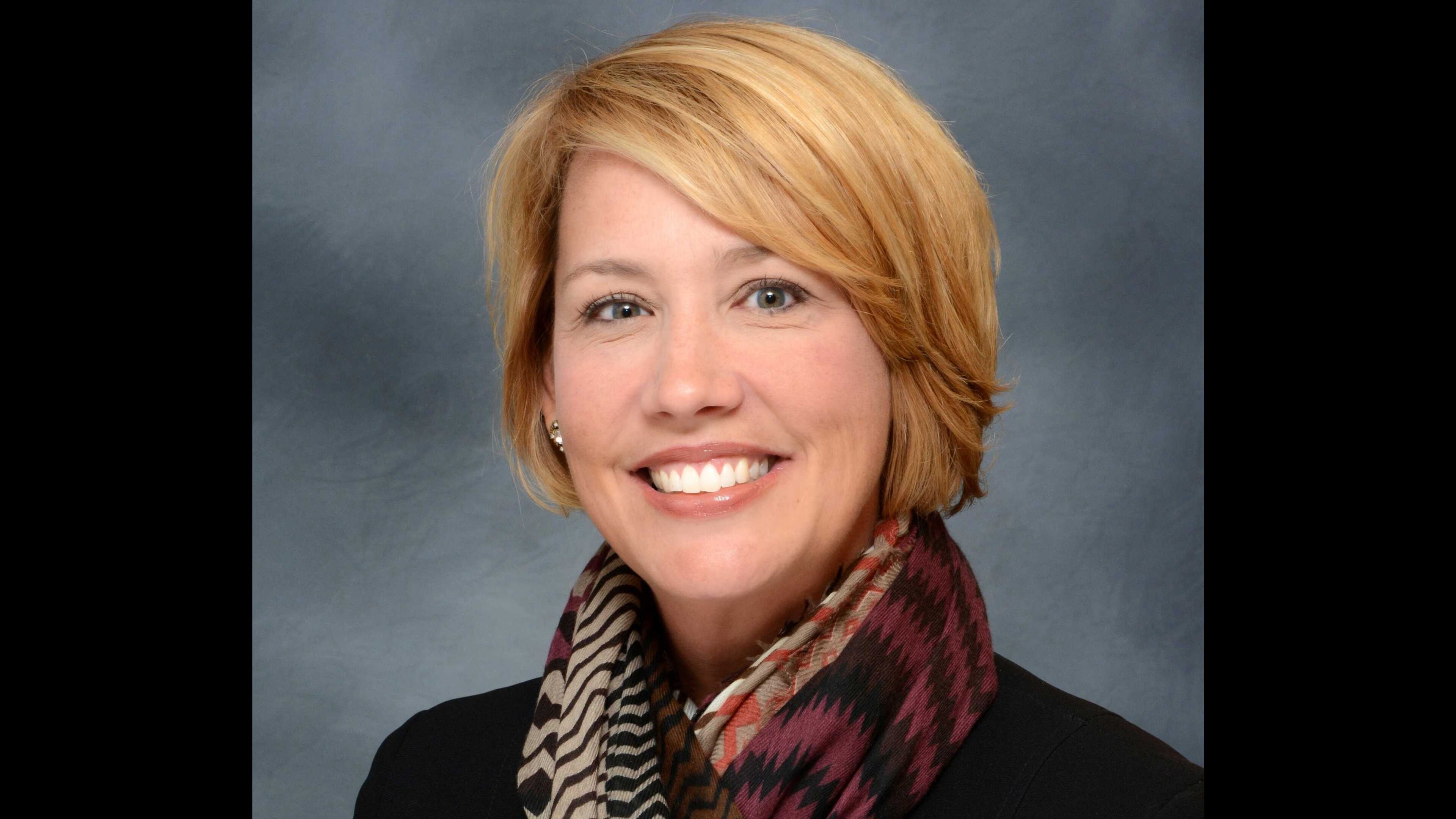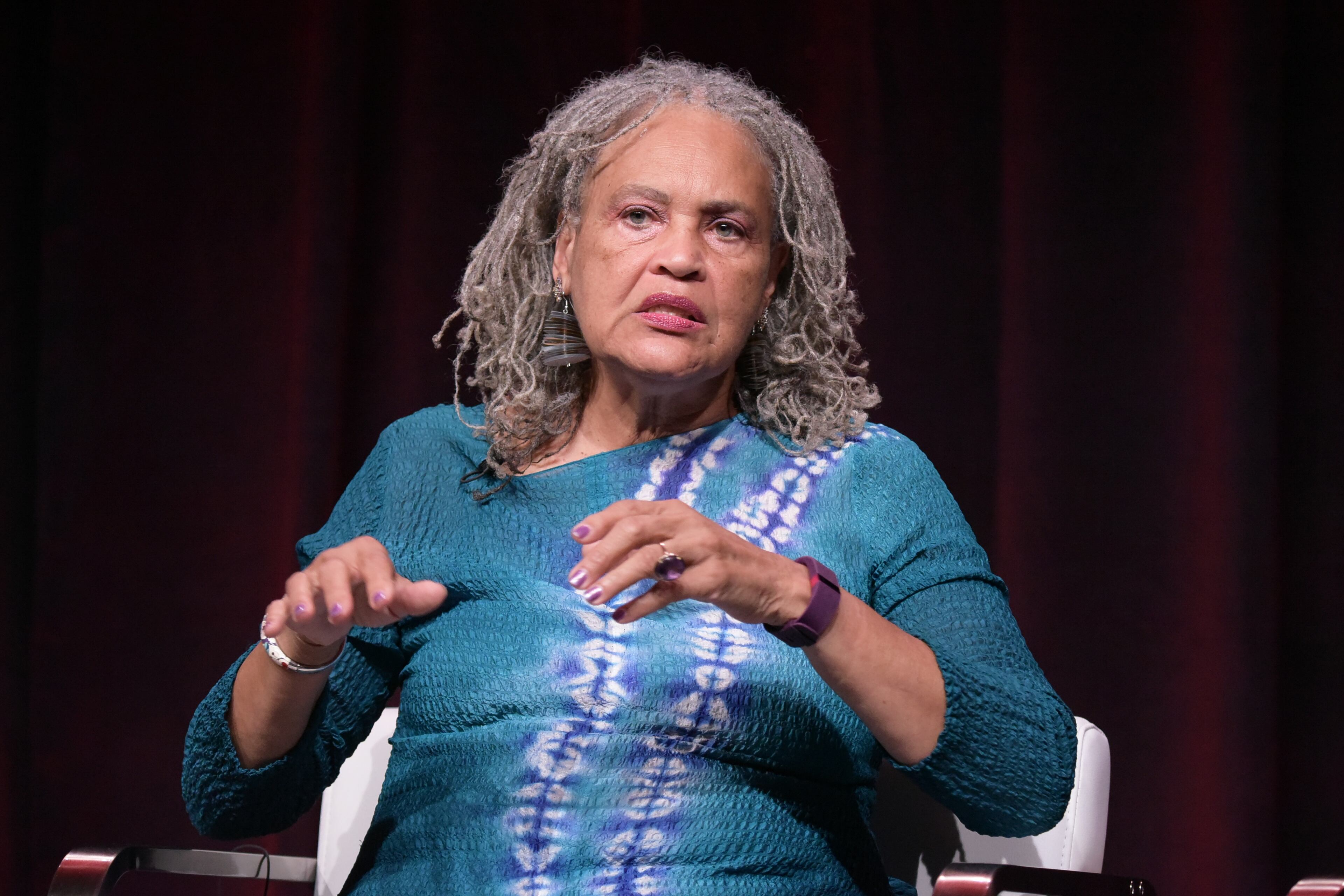AJC On Campus: Columbus State’s next prez, Georgia Tech’s ‘Survivor’

Columbus State University is poised to soon have a new president. “Survivor” has a Georgia Tech student. And the state Legislature has bills, bills, bills.
We bring you all that and more in this edition of our higher education roundup.
Finalist named for top job

Stuart Rayfield has been named the sole finalist for president of Columbus State University.
The Georgia Board of Regents is expected to vote to finalize the decision at an upcoming meeting.
Rayfield is the vice chancellor for leadership and institutional development for the University System of Georgia, which includes 26 public schools including Columbus State. She previously spent more than a decade at the school on the faculty and in administration.
Her resume includes stints as an interim president for the University of West Georgia, Gordon State College and the former Bainbridge State College, which merged a few years ago with Abraham Baldwin Agricultural College.
She received a doctorate in higher education administration from Vanderbilt University and a master’s from the University of Alabama. Her undergraduate studies, in political science, were completed at Rhodes College in Memphis, Tennessee.
Sonny Perdue, chancellor of the University System, called Rayfield “an outstanding leader who’s passionate about the success of students, faculty and staff.”
Columbus State has been led in recent months by an interim president, John M. Fuchko III, after Chris Markwood retired in June.
Columbus State enrolls 7,500 students.
Expanding need-based aid

Georgia legislators will be toiling away under the Gold Dome Monday to pass bills, including at least one of interest to college students.
It’s Crossover Day, the 28th day of the 40-day legislative session, the deadline by which bills must clear one chamber to progress.
Up for a vote in the state House is House Bill 249, which would expand eligibility for need-based financial aid to more of Georgia’s low-income students.
Its sponsor, Rep. Chuck Martin, R-Alpharetta, pitched it last week to the House Rules Committee as a way to help more students graduate “and get to work in Georgia.”
The bill builds on legislation passed last year that created “completion grants” to help cover costs for needy students who are close to graduation.
Martin’s proposed change would expand the eligibility criteria so that students could qualify for help after finishing just 70% of their credit requirements for a four-year program or 45% of their credits for a two-year program. The program currently requires students to have completed 80% of their credits before they’re eligible for the need-based help.
Currently, students can get up to $2,500 in financial aid.
The proposal also ups that limit to a total of $3,500. It would allow students to receive up to $2,500 in one payment, after which they would be eligible for up to $1,000 more if needed.
Martin told legislators the plan also is to increase the program’s current annual budget of $10 million to $25 million.
Application fees waived
This month, more than 40 Georgia colleges and universities will waive application fees for high school seniors.
Many high school seniors have already applied to the state’s most selective colleges and have found out or will know in the coming weeks if they’ve been admitted. But other students are still in the process of deciding what to do after graduation.
The Georgia Student Finance Commission recently compiled a list of schools that are not charging a fee. They include dozens of public colleges and four private schools around the state.
Recognition for UGA pioneer

Charlayne Hunter-Gault, a journalist and one of the first Black students to enroll at the University of Georgia, is being recognized for her lifelong work.
The U.S. Peace Corps honored her with a 2023 Franklin H. Williams Award earlier this month. The awards are named after the former U.S. ambassador to Ghana who also worked as the corps’ regional director for Africa.
The awards recognize those “whose work exemplifies the advancement of world peace and friendship,” according to the corps.
He’s a ‘Survivor’
A Georgia Tech student traded in the classroom for tribal council.
Carson Garrett, an aerospace engineering student from Rome, Georgia, is a castmate on the new season of “Survivor.” The 44th installment of the TV competition show debuted last week on CBS.
Garrett is among 18 castaways competing to outwit, outplay and outlast one another as they battle to survive on the islands of Fiji and nab a $1 million prize and the title of Sole Survivor.
The Georgia Tech student, a lifelong fan of the show, has said that two semesters of workforce development training at NASA prepared him for the game and the challenge of dealing with different kinds of people.
“I don’t want people to see me as this rocket scientist who’s leading the vote early on. I kind of want to be hidden in the background,” he said in his “Survivor” intro video.
His strategy is to reveal himself by the end of the game as a puppet-master who orchestrated the vote-offs of other players.
Georgia Tech is cheering him on via social media, pointing out that Garrett is the youngest contestant this season.
“We think he’ll be just fine,” the school said, in a Twitter post.
Georgia Tech expands need-based aid
Georgia Tech recently announced it is offering help to more Georgia students from low-income families. The G. Wayne Clough Georgia Tech Promise Program will now cover the cost of college to students whose families earn $55,000 or less annually.
The program’s previous income threshold was for students who lived at or below the poverty line. In 2020, that was $26,200 for a family of four.
The program has helped more than 1,000 students since its inception about 15 years ago.
“Thanks to this expansion, more Georgia students than ever before will be able to graduate debt-free from Georgia Tech,” the school said, in its announcement.
If you have any higher education tips or thoughts, email reporter Vanessa McCray at vanessa.mccray@ajc.com.



